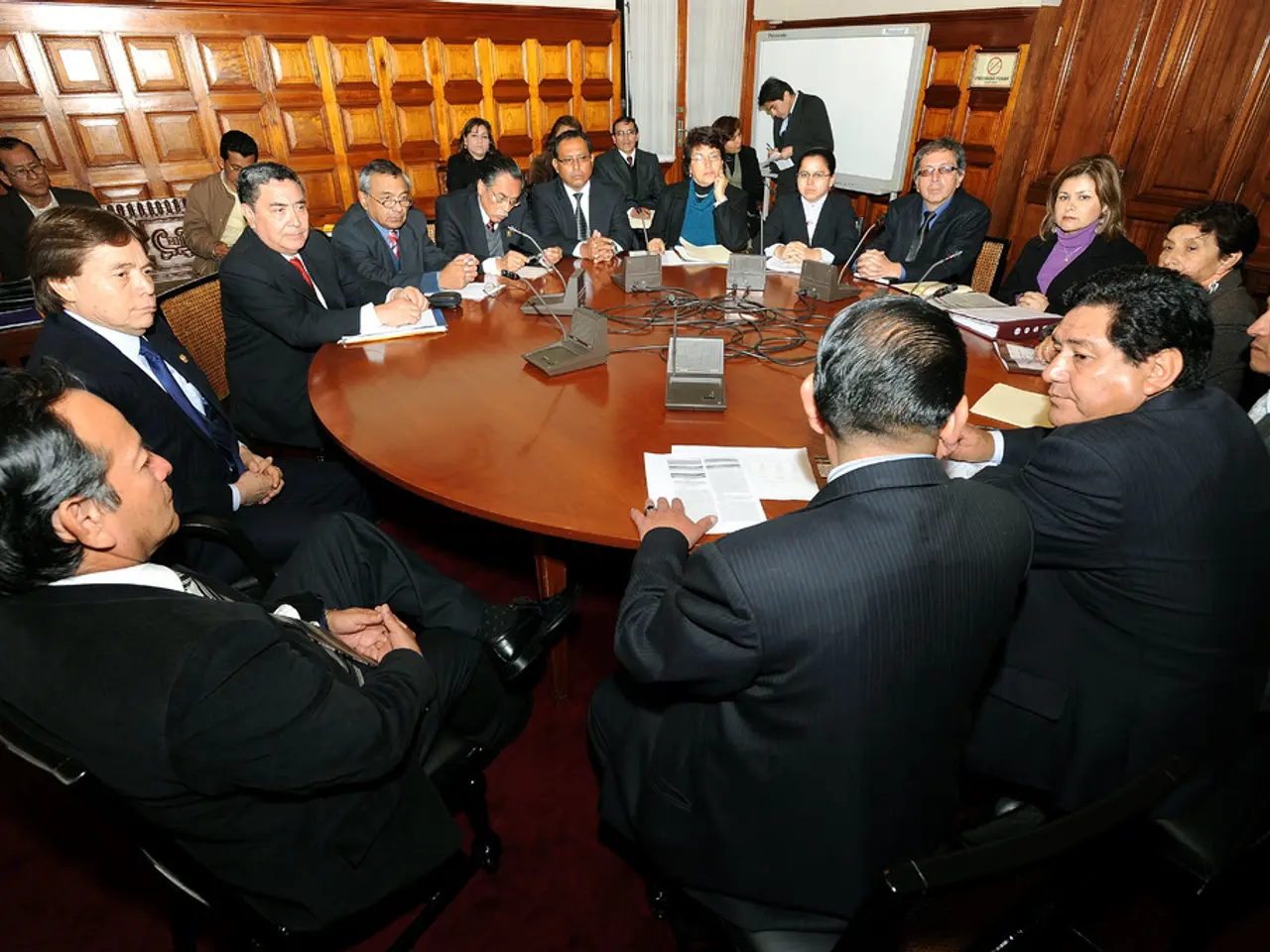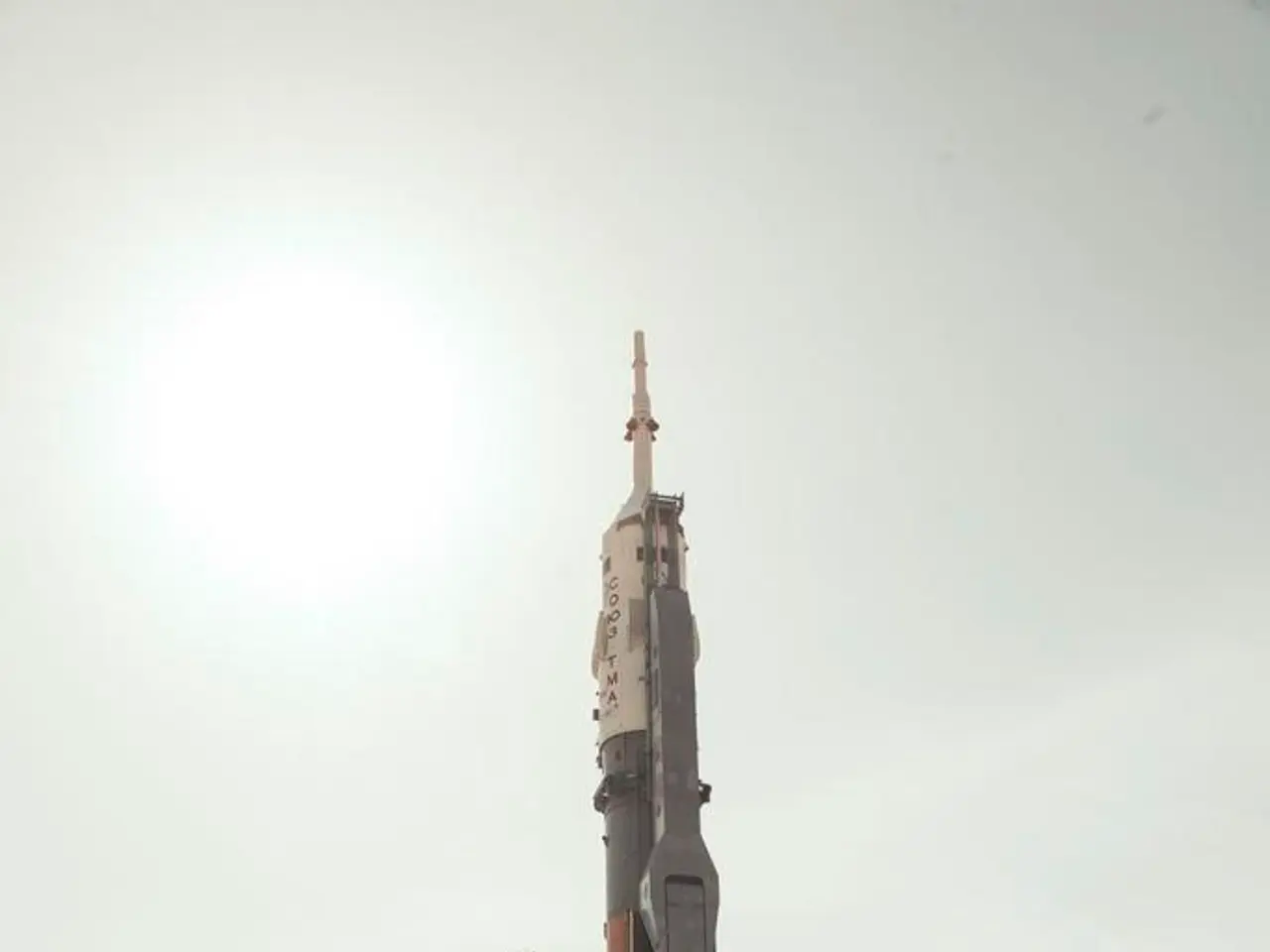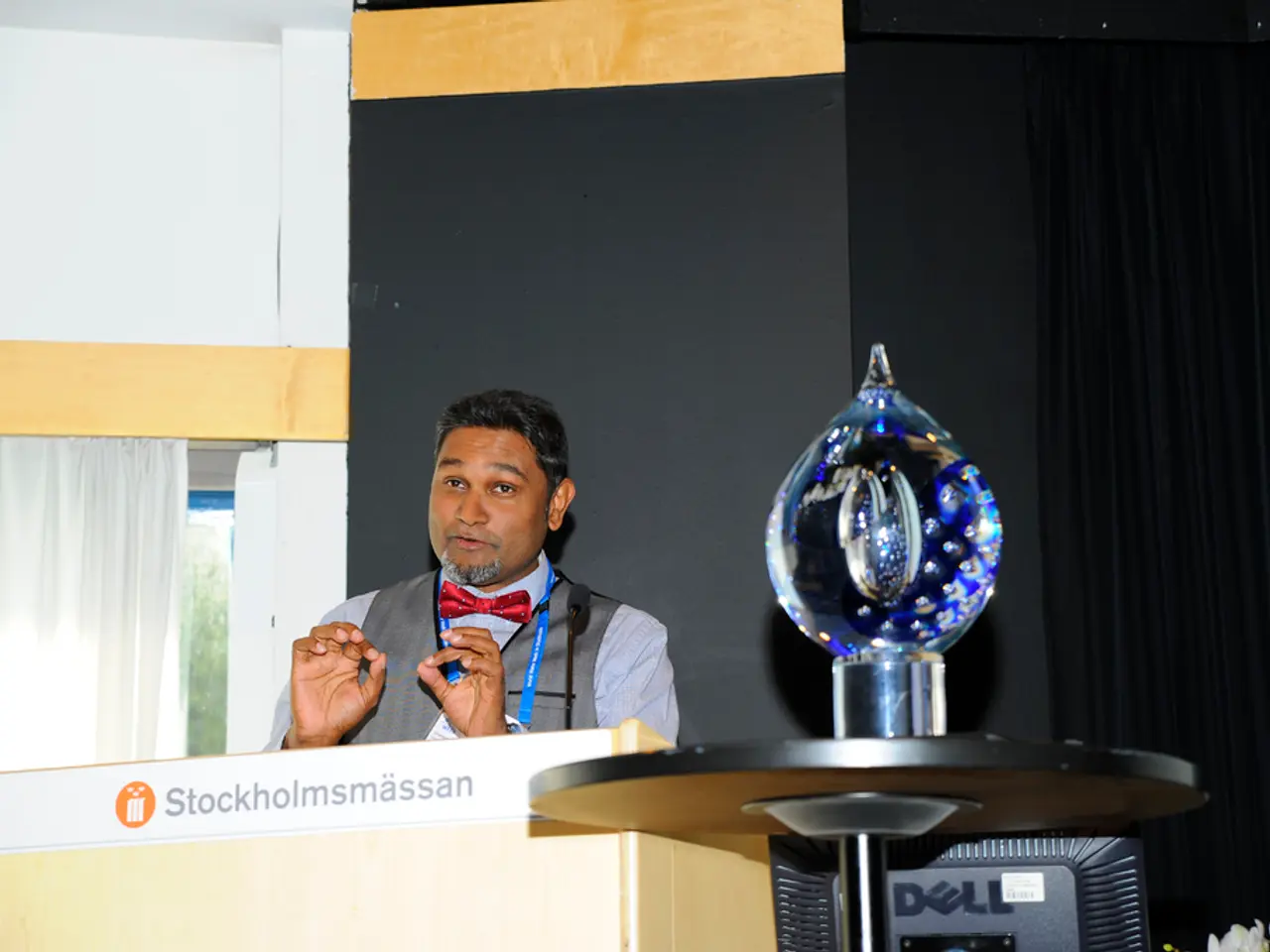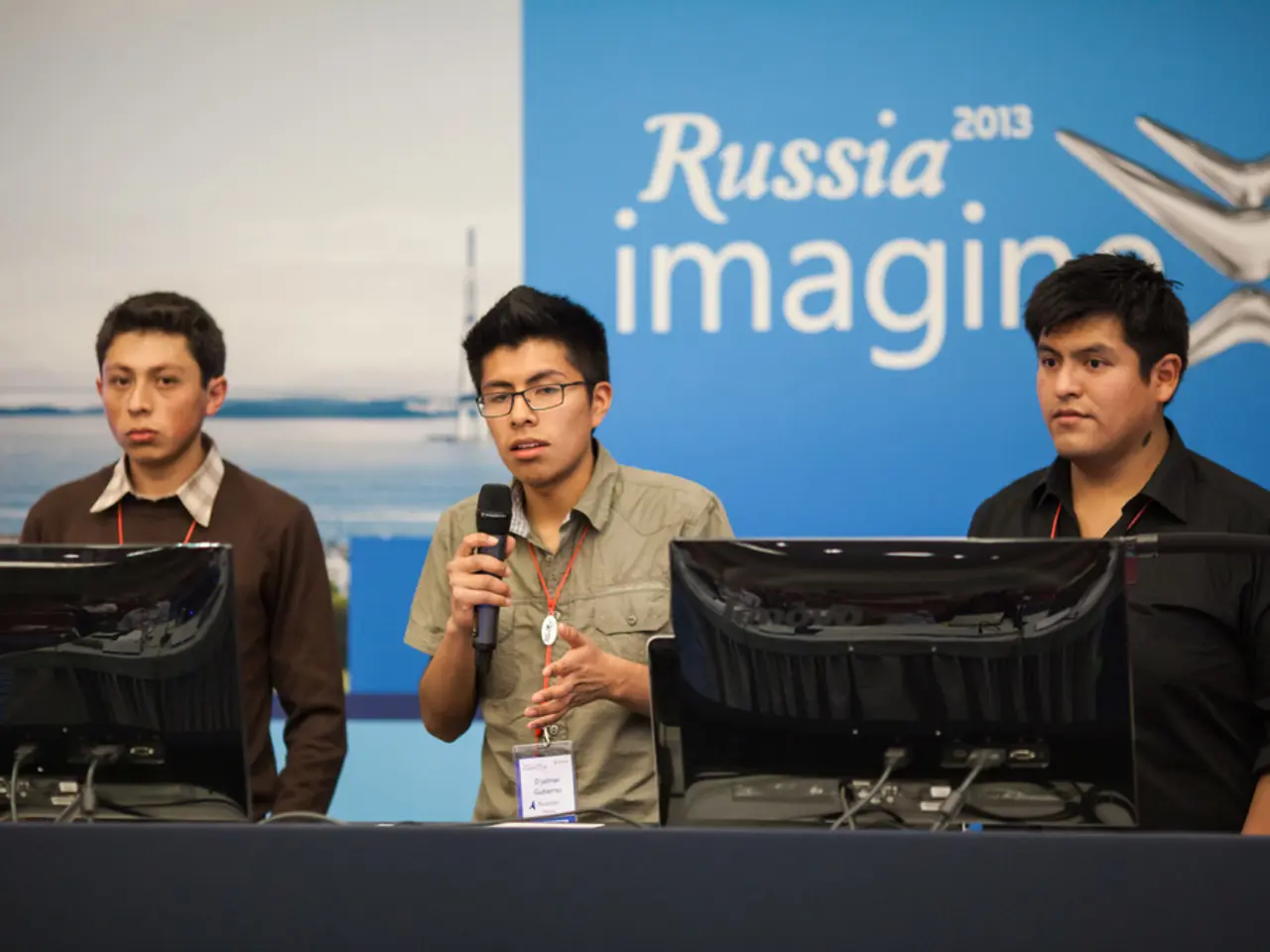Lowdown on the Geneva Meeting: Wadephul Holds Serious Discussions with Iran
Wadephul engaged in deep, substantial discussions with Iran.
In a three-hour tête-à-tête, Germany's Foreign Minister, Johann Wadephul, alongside his counterparts from France and the UK, engaged in robust discussions with Iran's leadership - the first face-to-face meeting since Israel's attacks commenced. Wadephul described the talks, which transpired in Geneva, as "serious" and revealed that he, Araghtchi, and their British and French counterparts had candidly tackled multiple issues with Iran. There appeared to be an underlying sentiment that Iran was open to further dialogue.
The crux of the discussions revolved around Iran's nuclear program, an issue that Israel justifies its attacks upon, claiming Iran was on the brink of acquiring nuclear weapons. Tehran vehemently denies these assertions. French Foreign Minister Jean-Noël Barrot opined that the meeting could potentially herald meaningful negotiations with Iran. British Foreign Secretary David Lammy echoed this sentiment, highlighting the necessity for continued talks. The European Union's High Representative for Foreign Affairs, Kaja Kallas, was also present at the meeting.
Wadephul emphasized the indispensable role of the US in any subsequent negotiations and a resolution. He underscored Germany's paramount priority to ensure Israel's security interests are safeguarded. The US, albeit critical, has adopted a tactful, conditional approach. The Biden administration stresses the importance of Iran complying with nuclear commitments before any sanctions relief. U.S. officials engage indirectly with Iran through intermediaries and channels.
Israel harbors grave concerns regarding the nuclear talks, perceiving Iran's nuclear program as a potential existential threat. Israel has boosted its intelligence and military preparedness and has allegedly executed strikes on Iranian interests in Syria and elsewhere to impede its nuclear and missile advancements. Israel maintains a close relationship with the US and its European partners, ensuring its security concerns are addressed, although it frequently voices discontent with any deal deemed inadequately resolute.
The talks face formidable challenges owing to mistrust, verification mechanisms, and escalating geopolitical tension. While negotiations have shown some advancement on technical issues, an all-encompassing agreement remains evasive. Continued international diplomatic engagement is anticipated, with the prospect of incremental steps over a rapid breakthrough.
The Commission, in light of the ongoing discussions, might also be asked to submit a proposal for a directive on the protection of workers from potential risks related to exposure to ionizing radiation, considering the tension surrounding Iran's nuclear program. The results of these dialogues, coupled with the general news surrounding war-and-conflicts and politics, could significantly impact not just the region, but also the international community.




